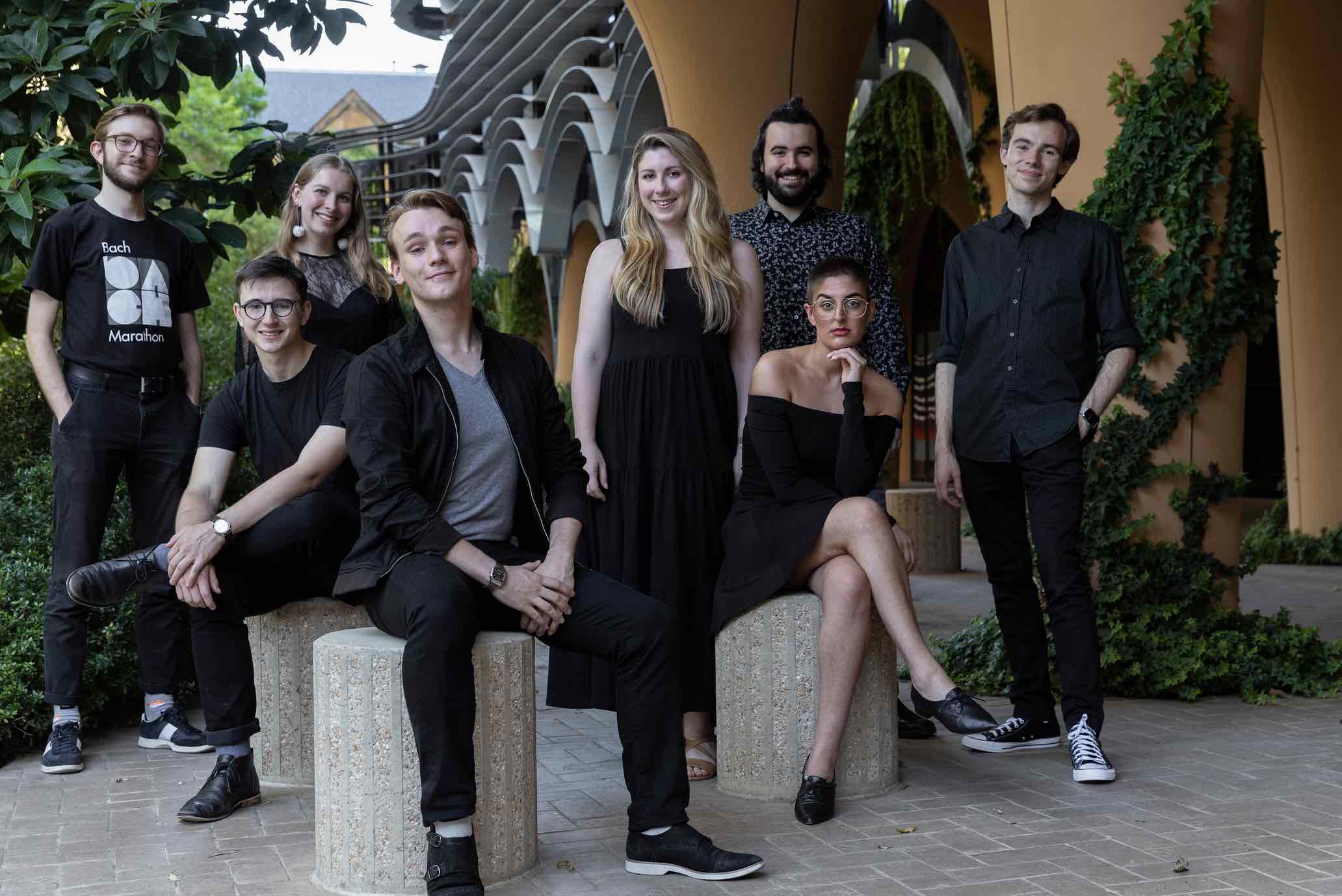Compared to other art firms, contemporary classical music – and vocal music in particular – remains relatively reticent when it comes to matters of sexuality and/or gender identity. Or even considering them at all.
“I think there is a culture and training aspect to it, a legacy in classical vocal music training that’s rooted in Baroque music and Renaissance polyphony and church music,” says Bailey Montgomerie of Melbourne’s Divisi Chamber Singers.
“Those works have a very particular character in terms of the things they talk about and it’s those works that are considered legitimate and serious in the world of vocal music performance and training. It’s the music we grew up in youth choirs and so on, and love singing in our professional lives, but it’s a very limited palette in terms of what is discussed.”
Divisi’s Alex Gorbatov agrees. “The training that most singers emerge from tends to be from church or church-affiliated settings. The institutions that support the creation of this music tend to be of that world, which doesn’t exactly promote incredible spaces for queerness.”

Divisi Chamber Singers. Photo supplied
Founded in 2018 by students at the Melbourne Conservatorium of...










Comments
Log in to join the conversation.